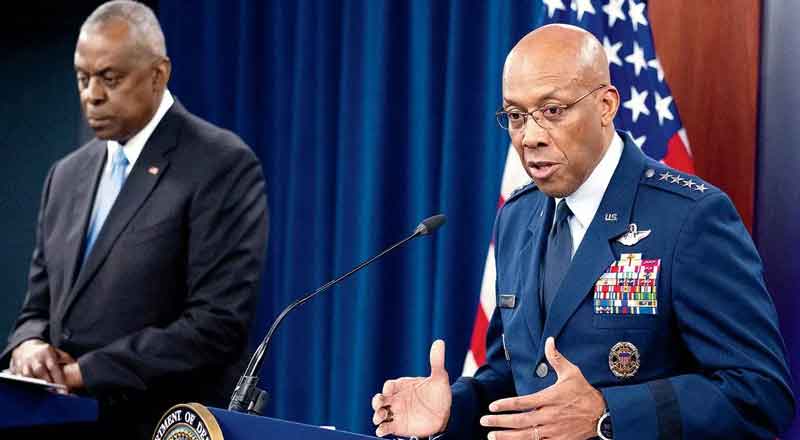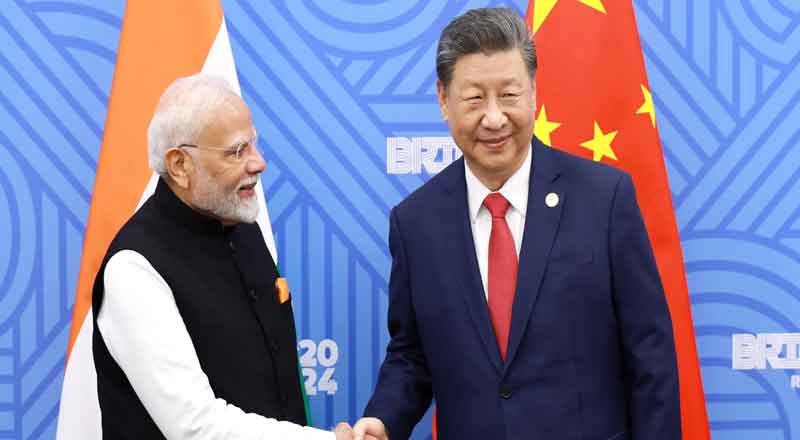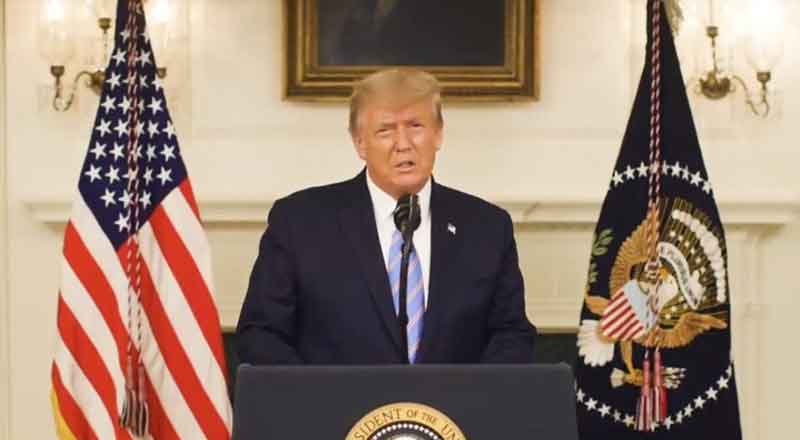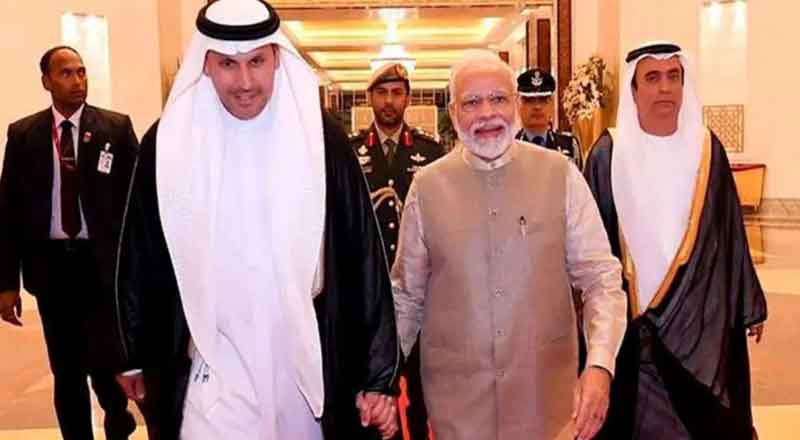US Response to Regional Threats
The United States has significantly ramped up its military presence in the Middle East in response to escalating tensions between Iran and Israel. On Friday, the Pentagon announced a strategic deployment of additional warships and fighter jets to the region. This move aims to protect US personnel and bolster Israel’s defense amid mounting fears of a broader regional conflict.
The increased military presence is a direct response to recent violent incidents that have exacerbated instability in the Middle East. The Department of Defense (DoD) is taking proactive measures to mitigate the risk of further escalation by Iran and its regional allies. Deputy Pentagon Press Secretary Sabrina Singh emphasized the importance of these actions, stating, “The Department of Defense continues to take steps to mitigate the possibility of regional escalation by Iran or Iran’s partners and proxies.”
Deployment Details and Strategic Moves
The US will replace the USS Theodore Roosevelt with the USS Abraham Lincoln aircraft carrier strike group in the Middle East. This change is part of a broader strategy to enhance defensive capabilities in the region. Additionally, Defense Secretary Lloyd Austin has ordered the deployment of more ballistic missile defense-capable cruisers and destroyers to the Middle East and US European Command areas. A new fighter squadron will also be stationed in the region to further strengthen defense efforts.
These moves follow a series of significant events that have heightened regional tensions. Israeli forces recently killed Hezbollah commander Fuad Shukr in Beirut, an action reportedly taken in retaliation for rocket attacks on the Golan Heights. The situation intensified further when Hamas leader Ismail Haniyeh was killed in Tehran. This attack on Haniyeh, which Israel has yet to officially comment on, has contributed to the rising tensions.
Regional Reactions and International Concerns
In response to these developments, Iranian officials reportedly met with representatives from the “axis of resistance,” a coalition of Tehran-backed groups hostile to Israel. The meeting, which took place in Tehran, focused on planning possible retaliatory actions. According to sources close to Hezbollah, two scenarios were discussed: a simultaneous response from Iran and its allies or a staggered response from each party involved.
Iran’s direct involvement in the conflict is not new. In April, Iran launched a barrage of drones and missiles on Israeli soil, marking its first direct attack on Israeli territory. This action was reportedly a retaliation for an Israeli strike that killed members of the Iranian Revolutionary Guards at Tehran’s consulate in Damascus.
The Pentagon’s decision to bolster its military presence reflects the seriousness of the situation. Singh highlighted the dynamic nature of global defense, stating, “As we have demonstrated since October and again in April, the United States’ global defense is dynamic, and the Department of Defense retains the capability to deploy on short notice to meet evolving national security threats.”
US and International Reactions
US President Joe Biden expressed deep concern over the rising tensions and the impact of the recent killings. He acknowledged that the killing of Hamas leader Ismail Haniyeh had exacerbated the situation. Biden’s statement underscores the complexity of the conflict and the challenges in navigating diplomatic efforts amidst ongoing hostilities.
In addition to the US response, international reactions have also been significant. The situation has prompted various countries, including India, to issue travel advisories and update safety protocols for their citizens in the region.
Advisory for Indian Nationals
Given the escalating conflict, India has issued a travel advisory for its nationals in the affected areas. Indian citizens in Israel are urged to remain vigilant and adhere to safety protocols. The Indian Embassy in Beirut has strongly advised against travel to Lebanon and recommended that Indian nationals consider leaving the country if possible. Additionally, Air India has suspended its flights to and from Tel Aviv until August 8 due to the heightened security risks.
The advisory reflects a broader concern for the safety of expatriates in volatile regions. Indian nationals are being advised to stay informed about the security situation and follow instructions from local authorities.
Israeli Preparedness and Future Prospects
In Israel, preparations are underway for potential further escalations. Prime Minister Benjamin Netanyahu has warned that any aggression against Israel would be met with a severe response. Netanyahu’s statement highlights Israel’s high level of readiness, both defensively and offensively, as it navigates the current crisis.
The ongoing situation continues to evolve, with various nations and international organizations closely monitoring developments. The strategic moves by the US and other global players underscore the gravity of the situation and the potential for further instability in the Middle East. As tensions persist, the international community remains vigilant, seeking ways to de-escalate the conflict and address the broader implications for regional and global security.
(With inputs from agencies)





